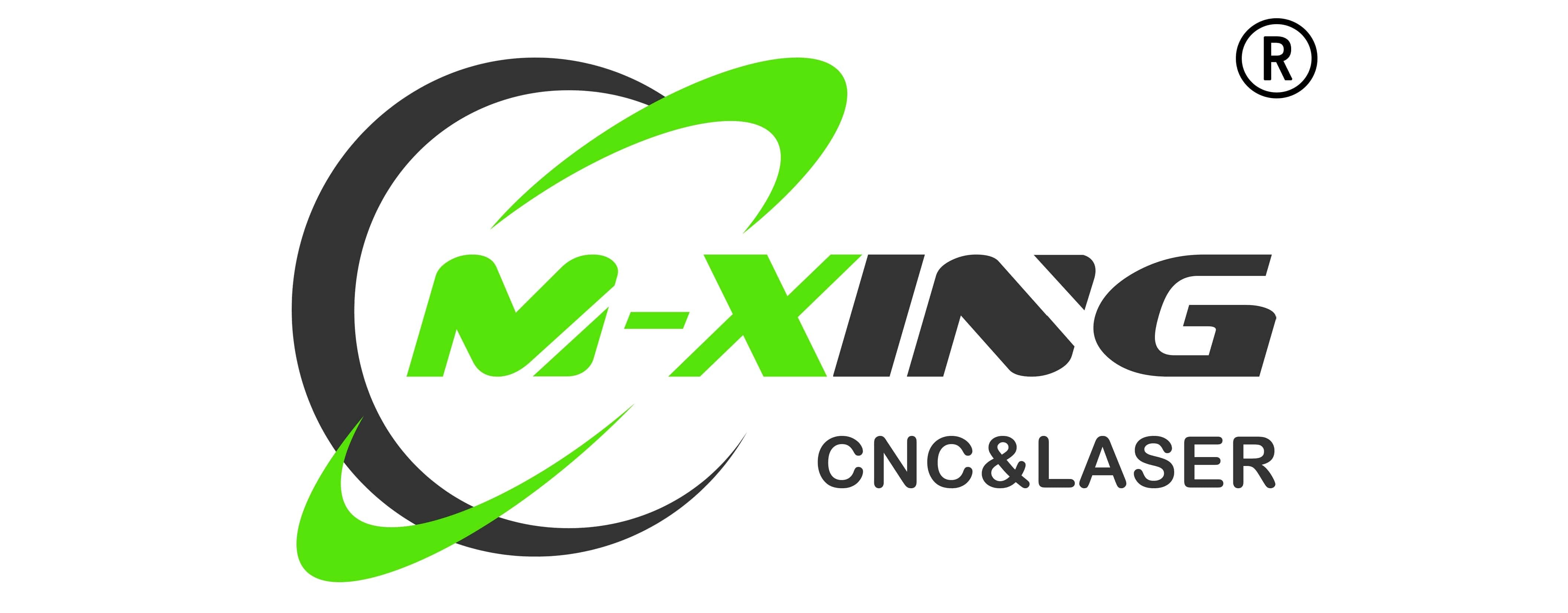Blog
Fiber laser machines epitomize a state-of-the-art innovation in the industrial realm, leveraging the prowess of fiber lasers for meticulous material manipulation. Esteemed for their exceptional efficacy, adaptability, and capacity to yield unparalleled outcomes across diverse spheres, these machines have garnered significant acclaim.
The Principle Of Fiber Laser Technology

l A fiber laser machine employs a solid-state laser source with an optical fiber imbued with rare-earth elements such as erbium, ytterbium, or neodymium as the active medium. This configuration facilitates the production of superior, coherent light beams at precise wavelengths.
l Diverging from conventional CO2 lasers, fiber lasers transmit the beam through pliable optical fibers directly to the cutting head, ensuring minimal energy dissipation and exceptional beam integrity that manifests in neater, more precise incisions.
l Noteworthy for their elevated electrical-to-optical conversion efficiencies, fiber laser machines necessitate lesser energy consumption while yielding heightened power output compared to alternative laser variants.
Applications Of Fiber Laser Machines
l Fiber lasers find extensive application in the precise and rapid cutting of metals across a spectrum of thicknesses, ranging from delicate sheet metal to robust steel plates.
l The concentrated beam proficiency extends to crafting intricate designs, serial numbers, or trademarks on a myriad of materials including metal, plastics, ceramics, and even glass, rendering them perfect for product authentication and branding endeavors.
l Through meticulous heat regulation, fiber laser machines excel not only in welding procedures but also in surface cladding tasks, augmenting the resilience and utility of components.
Advantages Of Using Fiber Laser Machines
l Versatility: Ability to work with a broad range of materials including metals, non-metals, and composites.
l Precision: Ultra-fine beam quality ensures tight tolerance cuts and detailed engravings.
l Speed: Rapid processing speeds lead to increased productivity and reduced manufacturing costs.
l Low Maintenance: Fiber lasers require less maintenance compared to gas-based systems due to fewer moving parts and no need for frequent refilling.
Integration with Automation: Many fiber laser machines now come integrated with advanced software and robotics, allowing for fully automated production lines.
High Power Density: Ongoing advancements continue to push the boundaries of achievable power densities, enabling deeper cuts and faster processing times.
Compact Design: Smaller footprint designs make fiber laser machines suitable for both large-scale industrial settings and smaller workshops.
Versatility And Efficiency In Manufacturing Applications
The versatility of fiber laser machines extends beyond cutting to encompass a wide range of manufacturing processes, including marking, engraving, and welding. With the ability to deliver precise and intricate patterns on surfaces, fiber laser machines are indispensable for creating detailed markings on products, components, and packaging materials. Moreover, their rapid processing speeds and minimal heat-affected zones make fiber laser machines ideal for high-speed welding applications, ensuring strong and consistent welds in automotive, aerospace, and electronics industries.
Advantages Of Fiber Laser Machines In Modern Manufacturing
The adoption of fiber laser machines in modern manufacturing offers several advantages that drive operational efficiency and product quality. The exceptional beam quality and focusability of fiber lasers result in finer cuts, smoother edges, and reduced material waste, leading to cost savings and improved production yields. The non-contact nature of laser processing minimizes tool wear and enables the machining of complex geometries with precision and repeatability. Additionally, the automation capabilities of fiber laser machines, coupled with advanced software control, streamline production workflows and facilitate rapid prototyping and customization in response to evolving market demands.
As fiber laser technologies evolve further, they promise to revolutionize manufacturing sectors by offering higher throughput, improved reliability, and environmentally friendly solutions. The future trajectory suggests continued growth in adoption and integration of fiber laser machines in various industries, contributing to a new era of precision engineering and manufacturing excellence.
Fiber laser machines embody the pinnacle of modern-day fabrication techniques, providing users with unmatched precision, efficiency, and adaptability across multiple industrial applications. Their continuous technological advancements ensure they remain a cornerstone in the development of future manufacturing processes.


